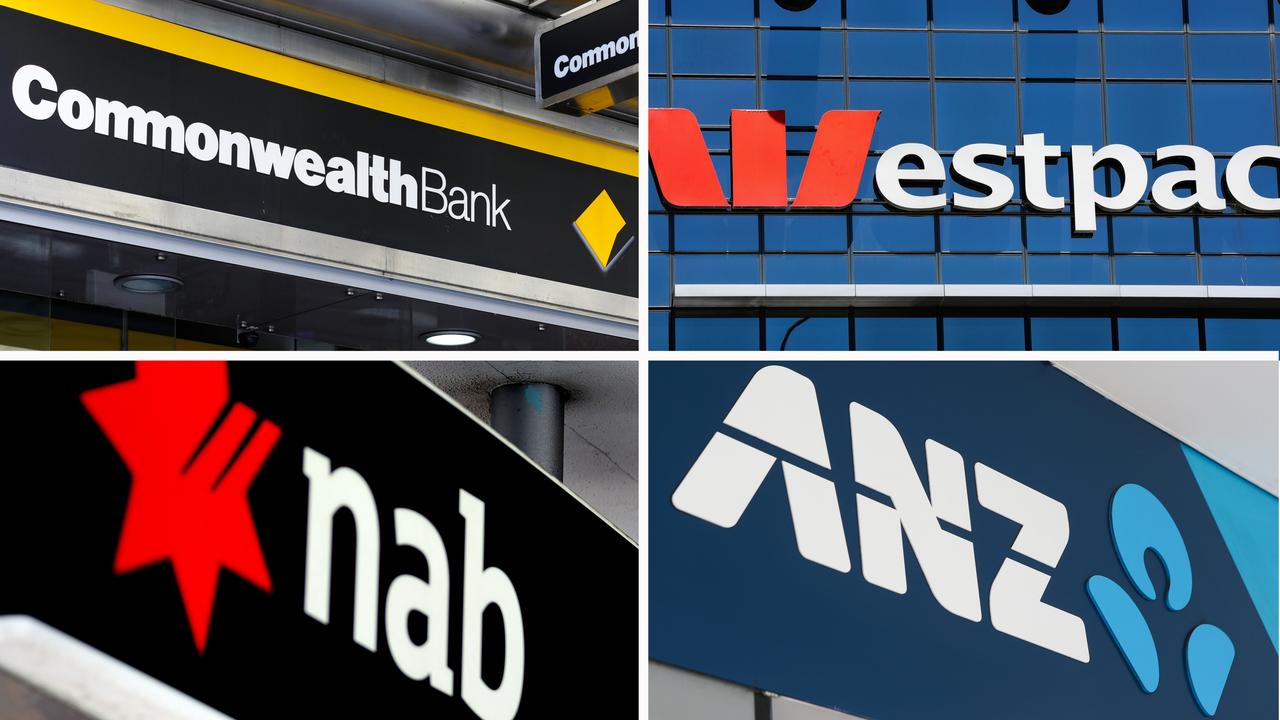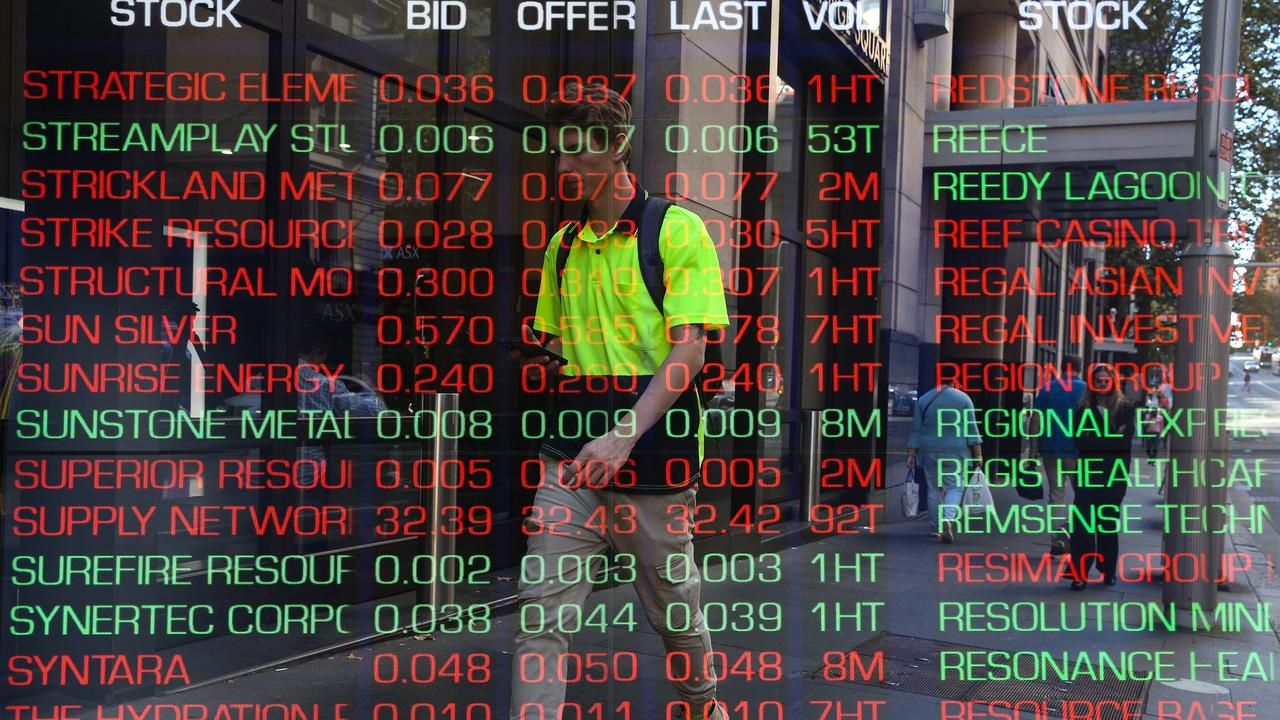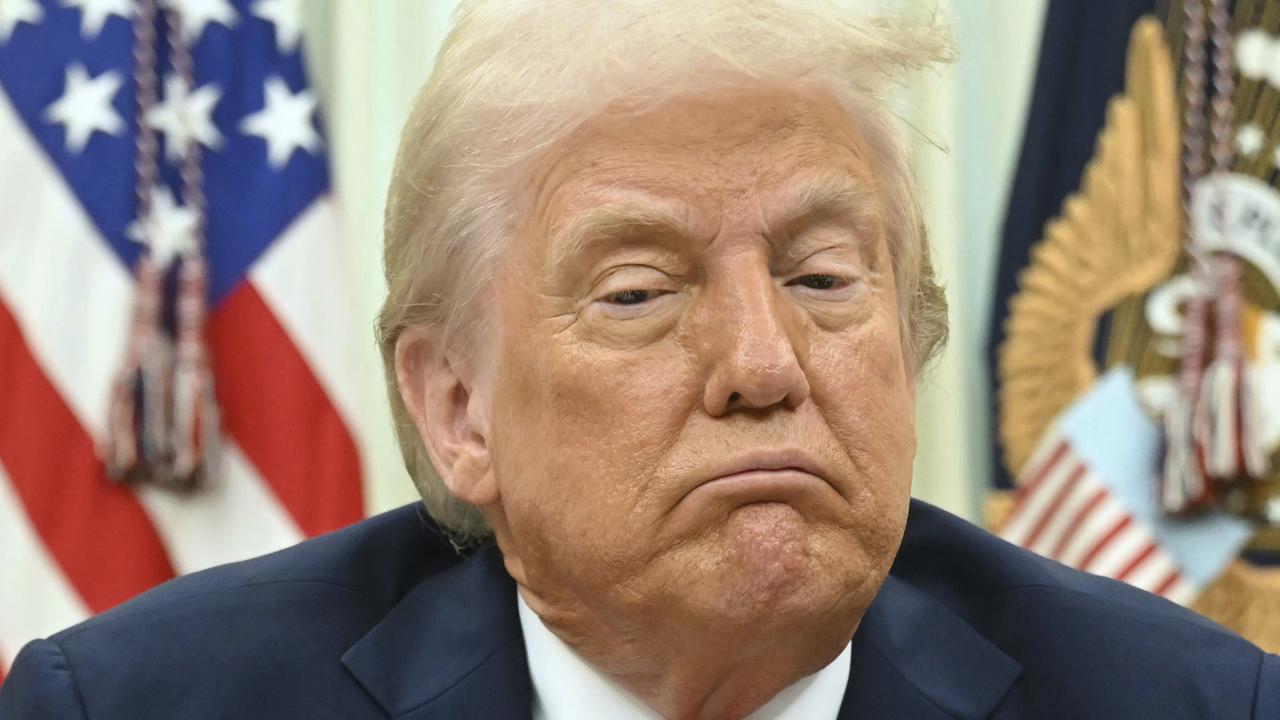Crash, bounce - so what just happened?
NOW what was all that about? The share market getting thumped $100 billion, then coming straight back $50 billion?
Crash, bounce - so what just happened?
NOW what was all that about? The market getting thumped $100 billion, then coming straight back $50 billion?
The proximate cause is easy enough to discern and explain. On Tuesday our market had been trading in the dark, with Wall St closed overnight Monday for the Martin Luther King holiday.
Well, these days, not entirely in the dark. More, the half-light. We could `see' Dow futures pointing to a 500-point drop when Wall St re-opened on Tuesday night.
So our market merely `pre-sold' that drop. When it didn't eventuate, thanks to Ben Bernanke, we were oversold and always coming back as soon as the market opened on Wednesday.
Our market then eased back in the afternoon as the twin realities of the coming local interest rate hike and a more sober assessment of Wall St's future started to sink in.
That poses the more important questions. Where is Wall St - and the US economy - headed post-Bernanke? And what impact will the local rate rise have?
The single over-riding message is that the Bernanke Fed is `going for growth'. That doesn't mean it will necessarily succeed in keeping the US out of recession. But that whatever economic growth will be, it will be stronger than it was going to be. And the same goes for US inflation.
That feeds two big messages more directly to us. China's growth will be higher than otherwise. And commodity prices will be higher than otherwise.
They could still go down. But if so, they will go down less less than was going to be the case, with a full-blown US recession.
So that means share prices - there and here - will be higher? Especially with the Fed bailing out the miscreants?
Well . . . not necessarily. Because the Fed's behaviour could well trigger blow-back in financial markets. All of them -- bond and forex as well as share.
If investors conclude that it will not only all end in tears, but more tears than would have been the case if the Fed had hung tough and forced more big players to bail themselves out, market-style.
There are a lot of `what ifs' in all that. But that is precisely the best advice. We don't know. Nobody knows. It's only possible to tell you where and how and when to look.



